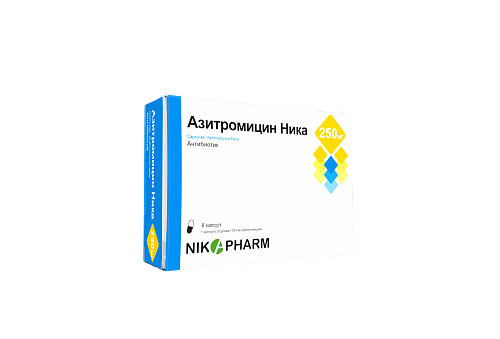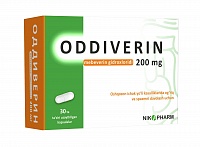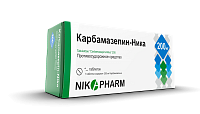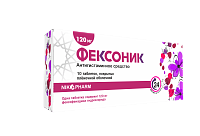Indications
Infectious-inflammatory diseases caused by microorganisms sensitive to the drug:
- Infections of the upper respiratory tract and ENT organs (sore throat, sinusitis, tonsillitis, pharyngitis, otitis media);
- lower respiratory tract infections (bacterial and atypical pneumonia, exacerbation of chronic pneumonia, bronchitis);
- skin and soft tissue infections (rye, impetigo, secondary infected dermatoses);
- urinary tract infections (gonorrheic and non-gonorrheic urethritis, cervicitis) caused by Chlamydia trachomatis;
- the initial stage of Lyme disease (borreliosis) - erythema migrans, rye, impetigo, secondary pyodermatoses;
- diseases of the stomach and duodenum associated with Helicobacter pylori (in combination therapy).
Information on proper use
How to use and dosage
Oral capsules.
It is recommended to take without chewing, 1 hour before or 2 hours after a meal, once a day.
Adults and children over 12 years of age with a body weight over 45 kg.
In infections of upper and lower respiratory tract, ENT organs - 500 mg per day (2 capsules of 250 mg or 1 capsule of 500 mg) for 1 intake for 3 days (course dose - 1.5 g).
In infections of skin and soft tissues - 1000 mg per day (4 capsules of 250 mg or 2 capsules of 500 mg) on the first day for 1 reception, then 500 mg per day (2 capsules of 250 mg or 1 capsule of 500 mg) daily from day 2 to 5 (course dose - 3.0 g).
In acute genitourinary tract infections caused by Chlamydia trachomatis (uncomplicated urethritis or cervicitis) - a single 1000 mg (4 capsules of 250 mg or 2 capsules of 500 mg).
In Lyme disease (borreliosis) for the treatment of stage I - erythema migrans - 1000mg (4 capsules of 250 mg or 2 capsules of 500 mg) on the first day and 500 mg (2 capsules of 250 mg or 1 capsule of 500 mg) daily from 2 to 5 days (course dose - 3.0 g).
In gastric and duodenal ulcer disease associated with Helicobacter pylori - 1000 mg per day (4 capsules of 250 mg or 2 capsules of 500 mg) for 3 days as part of combined anti-Helicobacter pylori therapy.
In case of missing one dose of the drug, the missed dose should be taken as soon as possible, and the subsequent doses should be taken with intervals of 24 hours.
Patients with impaired renal function: when used in patients with mild to moderate impaired renal function (CK more than 40 ml/min), no dose adjustment is required.
Patients with hepatic dysfunction: no dose adjustment is required in patients with mild to moderate hepatic dysfunction.
Elderly patients: no dose adjustment is required. Caution should be used in elderly patients with persistent proarrhythmogenic factors due to a high risk of arrhythmias, including arrhythmias of "pirouette" type.






